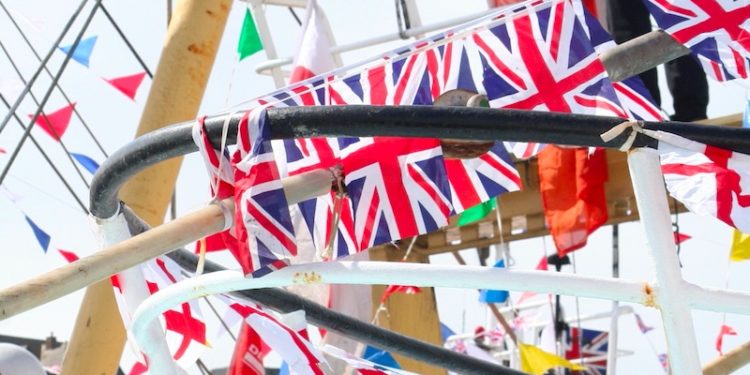‘Our governments have let us down,’ said SFF chief executive Bertie Armstrong, commenting on the deal that means relative stability and therefore reciprocal access to fishing grounds will remain in place throughout the two-year post-Brexit transition period.
The rumours have been buzzing for a few days following a report in the Financial Times predicting that the UK government will today accede to the EU demands as part of a package on the proposed transition period, maintaining relative stability during the two-year period.
The move has been seen as the EU playing hardball with Britain over fisheries, and the catching sector of the industry sees it as a betrayal, as this is precisely what they had pressed hard for government to not do.
‘This falls far short of an acceptable deal. We will leave the EU and leave the CFP, but hand back sovereignty over our seas a few seconds later. Our fishing communities’ fortunes will still be subject to the whim and largesse of the EU for another two years. Put simply, we do not trust them to look after us. So we issue this warning to the EU: be careful what you do or the consequences later will be severe. To our politicians we say this: some have tried to secure a better deal but our governments have let us down,’ Bertie Armstrong said.
‘As a consequence, we expect a written, cast iron guarantee that after the implementation period, sovereignty will mean sovereignty and we will not enter into any deal which gives any other nation or the EU continued rights of access or quota other than those negotiated as part of the annual Coastal States negotiations.’
The decision is a blow to those British politicians, who include environment secretary Michael Gove, who had championed the concept of any transition period not being applied to fisheries, and for fisheries management of UK waters to become a purely British affair as of the 29th of March next year.
The Brexitcentric end of the British press has branded the decision a betrayal, while Fishing For Leave has described the terms of the agreement as a ‘second surrender of Britain’s fishing,’ predicting that this gives the EU a window of opportunity to abolish the 12-mile limit and to cripple UK fishing during the two-year transition.
Others have argued that there is instead a need to look beyond the two-year transition period, claiming that the UK and the EU each setting their own quotas in future is a recipe for guaranteed overfishing once the transition period is over – and maintaining relative stability throughout the transition period was always inevitable.









